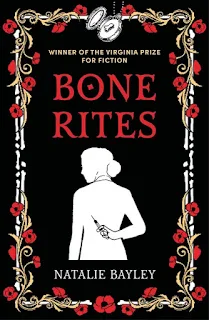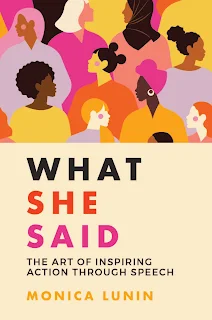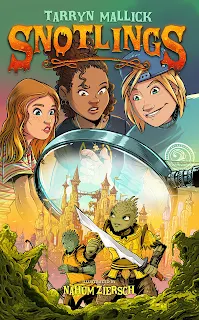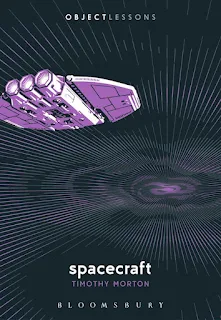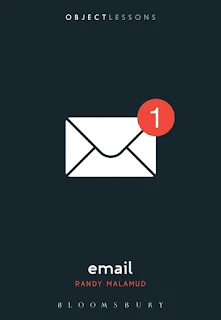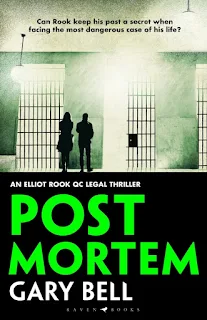Intro
Welcome to Australian author and new pen friend Natalie Bayley. As part of the blog tour for Bone Rites, Natalie is going to share some interesting facts about the Edwardian period. Stick around for the giveaway at the end, but for now, take us back in time Nat!A Wander through the Weird & Wonderful World of the Edwardians
I chose to set my award-winning (ahem, I still love saying that) novel, Bone Rites, in the Edwardian and post-Edwardian period because I’m fascinated by that era. Writing historical fiction is like jumping in a time machine and living another life for a while. And while the so-called ‘golden era’ of 1901-1914 was followed by a horrifying war and a flu pandemic that killed an estimated 5% of the world’s population, it was a wild, experimental time of intense social revolution and technological invention.Talking of inventions, if you’ve ever watched TV you’ve probably seen an episode of the phenomenally successful series, Downton Abbey. Writer Julian Fellowes took great pains to ensure the show was historically on point, and it certainly highlights Edwardian class divisions. While Lady Mary sips tea on the lawn and bitches about her sister, dozens of minions are rushing around behind the scenes, cooking, cleaning, carrying and generally co-ordinating her life of leisure. The show reveals how the working class below stairs were beginning to resent their servitude, yet the upper (literally – upstairs!) classes were also starting to question this feudal hangover. They recognised that their poorly paid ‘slaveys’ or ‘drudges’ had access to all the family’s darkest secrets. What ‘the butler saw’ was every morally dubious thing their employers did. And yet, without the advantage of our modern labour-saving devices, the owners of these huge houses depended on their servant help too much to prioritise privacy over maintaining centuries of privilege.
So, what do you do when your servants know all of your secrets? Just put on a cap and apron, slip below stairs and spy on them in return. Following the lead of their party-going king and queen, Edwardians loved putting on fancy dress and pretending to be someone else. For a while, it was quite the thing for society ladies to dress up as maids in order to infiltrate a friend’s house for a laugh. Perhaps this was inspired by the 1904 play, Lady Madcap, by Paul Rubens, in which an Earl’s rebellious daughter holds a ball at her father's castle without telling him and pretends to be her own maid. She has a great deal of fun confusing everyone, but I don’t think it was the ensuing chaos that made the play a success; it was the possibility of subverting those rigid class codes just by wearing the right clothes.
A few years later, there was a trend of holding servant-themed costume parties where guests were invited to dress up as servants (complete with a parlourmaid’s bib-apron or a footman’s knee breeches) and serve dinner to their hosts. I’m sure the real servants thought this was exceedingly droll (not). Think of George Bernard Shaw’s quintessentially Edwardian play, Pygmalion, (1912, later adapted as My Fair Lady) in which a cockney flower girl has a wash, a few elocution lessons, and a new frock, before convincing everyone she’s a duchess.
Inspired by this Edwardian enthusiasm for role play, my novel’s unlikely heroine, Lady Kathryn, spends some time pretending to be a maid in an aristocratic household. Avoiding spoilers, what she gets up to below stairs would make even the most sanguine Edwardian aristocrat faint clean away, but Kathryn’s experiences give her a great deal of insight into the self-abasement that lies behind her world of privilege.
The other aspect of Edwardian life I find fascinating is their enthusiasm for the cornucopia of drugs that were readily available back then. Like many other women during the war years, Kathryn gives a ‘war kit’ to a soldier heading to the front. These care packages, which could be bought over the counter at department stores like Harrods, consisted of packets of tea and sugar, hypodermic syringes, grains of morphia and vials of cocaine. Drugs we would now consider illegal and highly dangerous were as commonplace as aspirin in the Edwardian era.
Kathryn’s later interest in opiates was also far from unusual. The 1902 British Medical Journal critiques the prevalence of morphine use at society tea parties:
“A number of ladies meet about 4 o’clock every afternoon, tea is served, servants are sent out of the room, the door is locked, the guests bare their arms, and the hostess produces a small hypodermic syringe with which she administers an injection to each person in turn. If one injection is not sufficient to satisfy any particular guest, a second or even a third is given.”That would explain how they managed to endure those bone-crushing corsets...
For more insights on the weird and wonderful Edwardians, I invite you to step into the strange world of Lady Kathryn Darkling in my novel, Bone Rites, published October 31st by Aurora Metro Books.
Giveaway
For your chance to WIN a signed copy of Bone Rites by Natalie Bayley, enter my international giveaway here.Carpe Librum!


